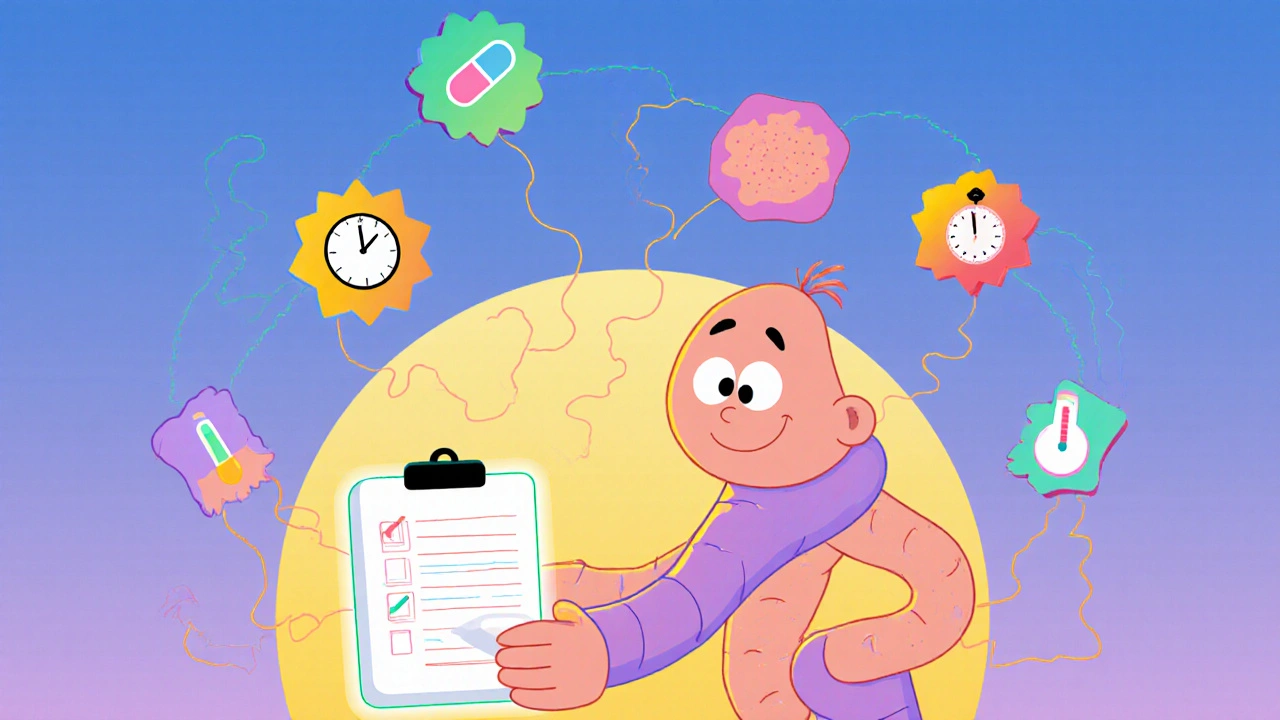Drug Reactions: What You Need to Know About Medication Side Effects and Interactions
When your body reacts badly to a medicine, it’s not just a nuisance—it can be life-threatening. Drug reactions, unexpected and harmful responses to medications, supplements, or even foods when taken together. Also known as adverse drug events, they happen when two substances interfere with each other, or when your body can’t handle a drug the way it was meant to. These aren’t rare mistakes. People mix over-the-counter painkillers with blood thinners, take herbal teas while on antidepressants, or push through muscle pain from statins thinking it’s just soreness. That’s how serotonin syndrome, a dangerous overload of serotonin caused by combining certain antidepressants with other drugs or supplements shows up. Or how herbal supplement interactions, like Dong Quai making warfarin too strong, lead to uncontrolled bleeding.
Drug reactions don’t care if you’re young or old, healthy or managing chronic illness. A 70-year-old on digoxin for heart failure can crash if they suddenly start taking a new antacid. A teen on ADHD stimulants might not realize their cold medicine could spike their blood pressure. Even something as simple as grapefruit juice can wreck how your body processes cholesterol drugs. The real danger? Most people don’t connect the dots. They see a new symptom—dizziness, rash, muscle pain, nausea—and blame stress, aging, or bad luck. But it’s often the medicine they’ve been taking for months, now clashing with something new.
That’s why this collection exists. You’ll find clear, no-fluff guides on the most common and dangerous drug reactions you won’t hear about in a 30-second doctor’s visit. Learn how statin side effects, especially muscle damage triggered by exercise can sneak up on you. See why MAO inhibitors, though powerful for depression, need a strict rulebook for food and other meds. Understand why antihistamines like Benadryl turn your drive home into a hazard. We don’t just list risks—we show you how to spot them early, what to ask your pharmacist, and when to say no to a new supplement. This isn’t theory. It’s what people actually run into—and how they avoid disaster.

How to Keep a Symptom Diary for Suspected Drug Reactions
Haig Sandavol Nov 11 10Keep a detailed symptom diary to track possible drug reactions. Record timing, dosage, symptoms, and triggers to help your doctor identify side effects faster and adjust your treatment safely.
More Detail